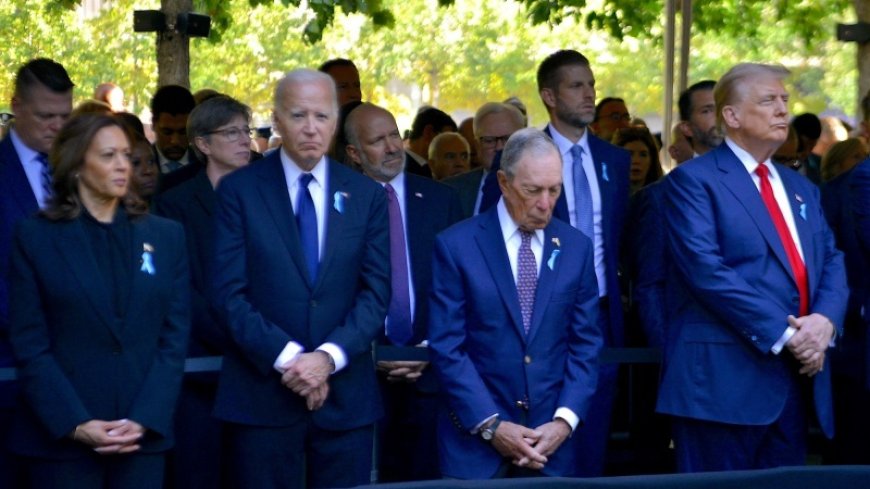Continued US Anti-Iranian Actions; 4 Decades of Unsuccessful Confrontation
Washington still insists on continuing its unilateral policies and actions against Iran, and during the presidency of Joe Biden, the hybrid war against the Islamic Republic of Iran has intensified for various reasons.

US President Joe Biden, in his final months in the White House and ahead of the November 5, 2024 presidential election, extended the state of emergency against Iran for another year in a letter to the heads of the House of Representatives and the Senate on Friday. Jimmy Carter, then President of the United States, issued Executive Order 12170 on November 14, 1979, 10 days after the seizure of the Washington embassy in Tehran, which confirmed the confiscation of the Islamic Republic of Iran's assets in the United States, and every American president has extended the order since that year to date.
Biden's extension of the national emergency against Iran shows the real approach of the United States to Iran, which is a continuation of hostility towards the Iranian nation. Since the victory of the Islamic Revolution in 1979 and the establishment of the Islamic Republic in Iran, the United States, as the leader of the Western bloc, which has always sought to play a hegemonic role in the West Asian region, has practiced a hostile approach to Iran and tried to overthrow the ruling regime in Iran. Over the past four decades, the United States has carried out the most unilateral policy and repression against the Islamic Republic in various ways, including imposing the most extensive sanctions, military threats, launching political and diplomatic campaigns, and psychological warfare.
Since taking office in January 2021, despite his previous slogans, Biden has continued the maximum pressure campaign and has announced new sanctions against Iran from time to time under various pretexts.
With the 2024 presidential election and midterm congressional elections coming up in America, Donald Trump, as the Republican candidate, is trying to appeal to the Zionist lobbies and various extremist circles in America, such as the Israeli lobby AIPAC, by taking anti-Iranian positions in his campaign. Of course, Joe Biden and now Kamala Harris, as Democratic candidates, while tightening sanctions against Iran, have repeatedly stated that all options are on the table for Iran, implying the threat of using military force against Iran.
The important issue is that there is a clear duality in American policy toward Iran. One of Washington's constant accusations against Tehran is that Iran is trying to acquire nuclear weapons, and under this pretext, since the presidency of George W. Bush, the United States has imposed tough and unprecedented sanctions on Iran. However, the validity of this accusation has been questioned not only in numerous reports by the International Atomic Energy Agency, but also by US intelligence agencies themselves.
Part of a declassified report by the Office of National Intelligence, released in July 2023, reaffirmed that Iran is not currently pursuing key nuclear weapons development activities necessary to produce a test atomic bomb, but Tehran is continuing its research and development activities. Prior to this, in December 2022, America's Director of National Intelligence April Haines acknowledged that there was no information indicating that Iran had decided to build a nuclear weapon.
Earlier, CIA Director William Burns said on the sidelines of a security conference in Sea Island, Georgia, that there was no evidence yet of Iran's decision to build nuclear weapons, and if Iran did something like that, the United States and its allies would likely find out about it.
Iran has responded decisively to the US threats, which have been repeated many times by different presidents of this country, claiming that all options for action against Iran are on the negotiating table. This shows that Tehran, while increasing its deterrence potential with the aim of a decisive and regrettable response to any enemy aggression, is not only not afraid of Washington's threats, but will also respond very harshly in the event of a possible American aggression against Iran. In addition, the extension of the state of emergency against Iran, which Biden did, does not pose any problems in Tehran's determination to resist Washington's conspiratorial actions.













































